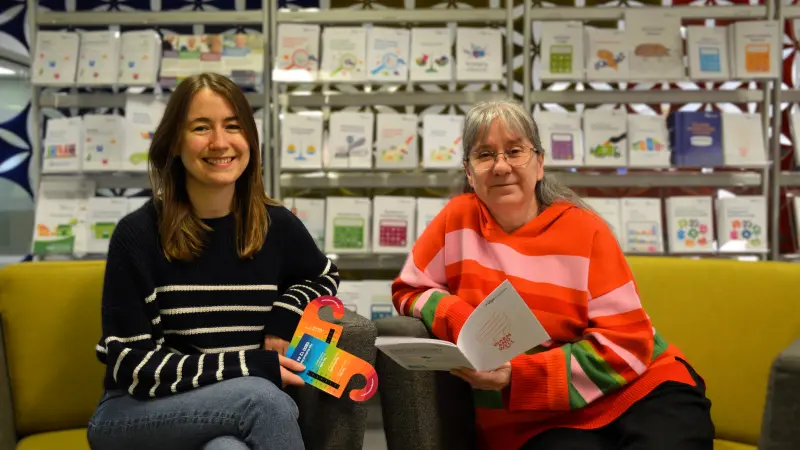Council budget cuts could spell catastrophe for older people
The national charity for older people has warned that changes or reductions to council budgets could have a serious impact on the health and wellbeing of older people.
With services such as public and community transport, social care, in-person service points and community groups on the chopping block, Age Scotland is urging councillors across Scotland to do everything in their power to protect those most vulnerable to significant change, such as those without digital access and who already face significant inequalities and financial barriers.
Ahead of council budgets being set in the coming weeks, an open letter from the charity is also calling for decisions to be made in close consultation and collaboration with the communities they will affect.
Age Scotland’s Chief Executive, Mark O’Donnell, said:
“Councils are facing drastic choices but, with many people already struggling to access the support they need, proposals for service changes could have a truly devastating impact on older people if they become a reality.
“With demand and need for social care greater than ever, any reduction in service provision will place the NHS under unmanageable strain, driving up waiting times and leading to a loss of independence for many. Cuts to in-person customer service points risk making life much harder for the 500,000 older people in Scotland who are not online, while reduced community transport and groups may result in greater levels of loneliness and isolation.
“In the short term we hope that timely discussions between local government and the Scottish Government can address funding shortfalls to ensure that the wide range of necessary services can meet the needs of residents.
“In the longer term, as funding will always be a point of contention, local government could look at how to transform and innovate services with the aim of ensuring quality outcomes for residents rather than just cost efficiencies.
“It’s vital that all decisions take into consideration the potential impact on the wellbeing, health and experiences of communities, and that these communities, their representatives and advocates within councils are as involved in these difficult decisions as possible.”


